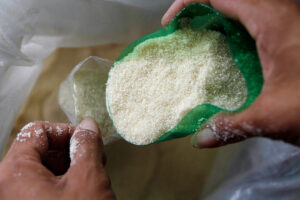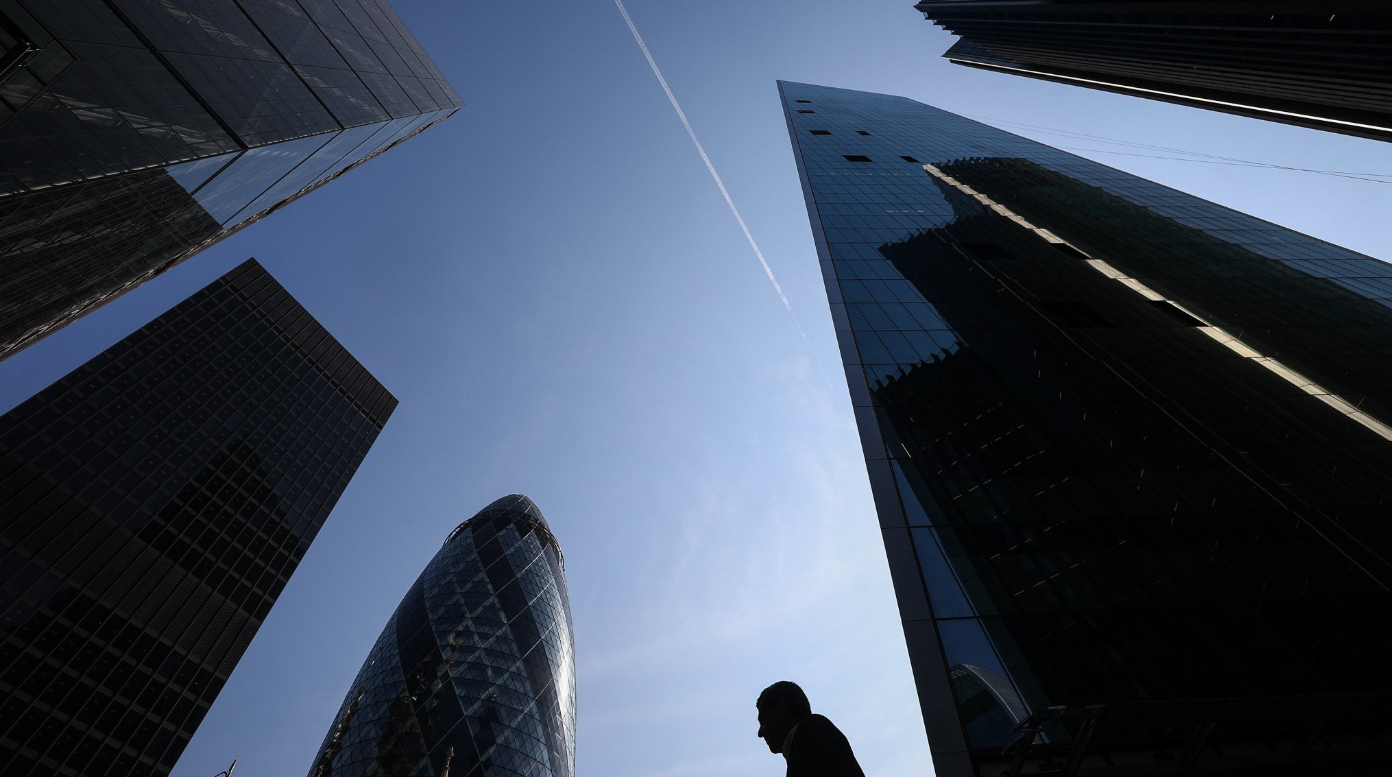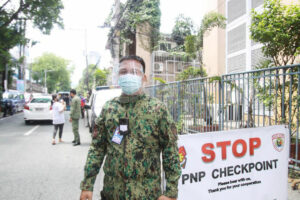Palace denies Marcos signed sugar order

MALACAÑANG late on Wednesday denied approving a sugar importation order that was uploaded on the regulator’s website, then taken down, saying that it was not signed by President Ferdinand R. Marcos, Jr.
Mr. Marcos, chairman of the Sugar Regulatory Administration (SRA) Board and Agriculture secretary, rejected the proposal to import 300,000 metric tons (mt) of sugar “in no uncertain terms,” Press Secretary Rose Beatrix L. Cruz-Angeles said in a statement. She did not elaborate.
A signed copy of Sugar Order (SO) No. 4 dated Aug. 9 was uploaded on the SRA website on Wednesday morning. The order, which showed it was received by the SRA Records Section and University of the Philippines Law Center Office of the National Registrar on Aug. 10, could not be found on the website by Wednesday afternoon.
The copy of the order showed a signature above Mr. Marcos’ name, as well as signatures by SRA Administrator Hermenegildo R. Serafica, board members Roland B. Beltran (miller’s representative) and Aurelio Gerardo J. Valderrama, Jr. (planters’ representative).
However, Ms. Cruz-Angeles said the President “did not sign that.”
Mr. Serafica, vice-chair of the SRA board, earlier on Wednesday said the sugar importation was approved by the board to “fill the gap in production.”
When asked about Malacañang’s statement, he declined to comment.
Sugar prices in the country have gone up due to tight supply.
According to SRA’s final estimate for crop year 2021-2022, raw sugar output would reach 1.8 million MT, a 16% drop from last season’s 2.14 million MT.
The SRA estimates that by end-August, sugar stocks will be in negative territory, with raw sugar balance at -35,231 MT and refined sugar balance at -20,748.65 MT.
In early August, the average price of refined sugar in wet markets climbed to P95 per kilogram, or up 79.5% from P52.93 in the similar period a year ago. The average price of raw sugar in wet markets surged by 57.7% to P71.43 from P45.29 in 2021.
In February, the SRA issued SO No. 3, which authorized the importation of 200,000 MT of refined sugar.
“If you recall, after Typhoon Odette, the SRA already projected that we will be short in supply by August. Hence, the SRA issued SO No. 3. This volume was allocated exclusively for the industrial users at that time,” Mr. Serafica said on Wednesday morning.
However, a court issued a temporary restraining order on the imports, after a case was filed by sugarcane planters led by the United Sugar Producers Federation.
“This caused the industrial users to scramble for sugar and buy whatever sugar they can to keep their factories running… this stalling of importation resulted in the tightness in supply such that even the sugar that was normally intended for the retail market was being used up by the industrials. Even the buffer stock was depleted,” Mr. Serafica said.
The SRA chief noted some mills began operations early to beef up sugar stocks.
“Mills normally start between September to December but this time some mills opted to start this August to help alleviate the supply situation,” he said.
‘A BREATHER’Sought for comment, Philippine Chamber of Commerce and Industry (PCCI) President George T. Barcelon said sugar imports would provide a much-needed “breather” for food processing firms.
“The sugar shortage and high price issues are a recurring one over the years similar to rice,” Mr. Barcelon said in a Viber message.
“The DA should institute a monitoring system to avoid inflationary impact. A system of balancing supply versus price so the local sugar farmers and mills would not be unduly impacted,” he added.
The PCCI, the Philippine Food Exporters, and Philippine Exporters Confederation urged the government to look into “the crippling supply of sugar that is expected to hurt both the local food processors and manufacturers and the consumers in general.”
“While we recognize the need to protect our sugar producers and millers, we need to strike a balance and consider expanding our import requirement before the situation worsens, which could lead to higher inflation,” the groups said in a statement.
Trade Undersecretary Ruth B. Castelo said in a Laging Handa briefing on Wednesday that the Department of Trade and Industry (DTI) is ready to help the DA in enforcing and monitoring the suggested retail price (SRP) for sugar, which has yet to be released.
“Once the DA releases the SRP, the DTI can help in terms of monitoring since we are also checking in markets. We can include sugar,” Ms. Castelo said. — Kyle Aristophere T. Atienza, Luisa Maria C. Jocson and Revin Mikhael D. Ochave




